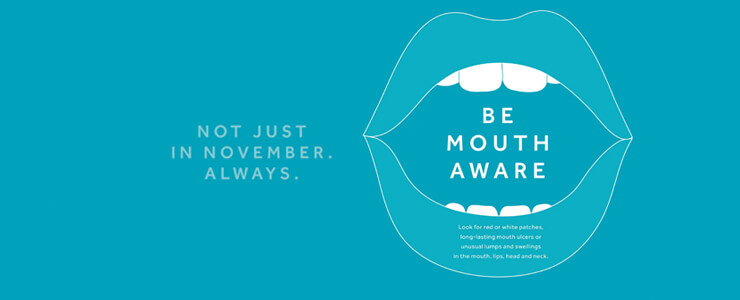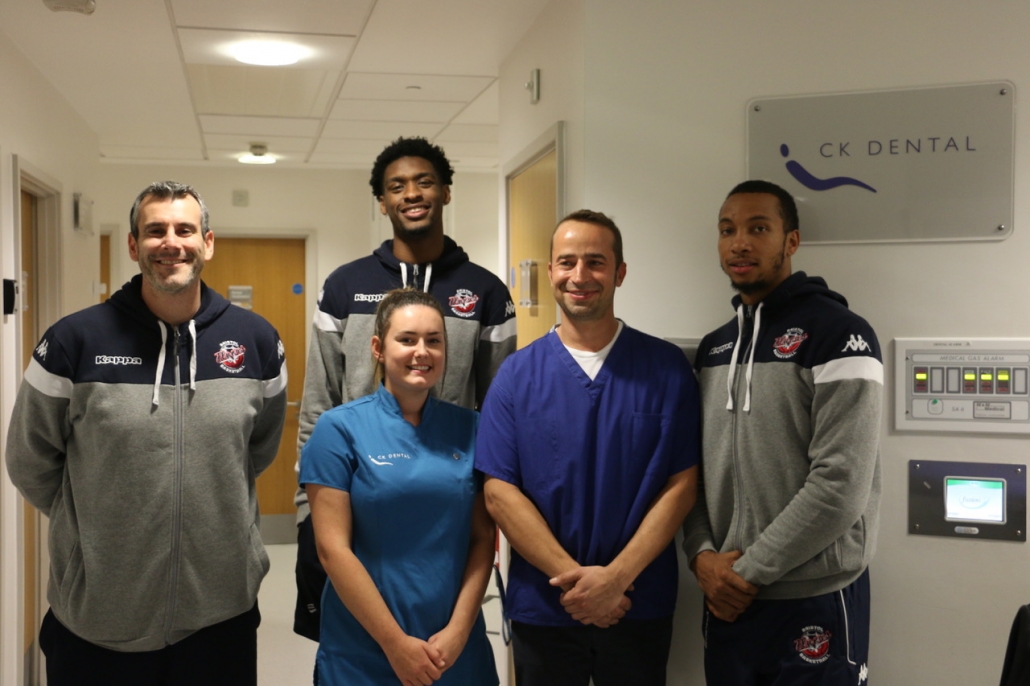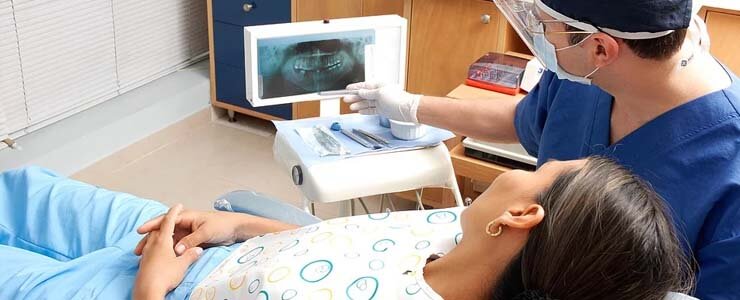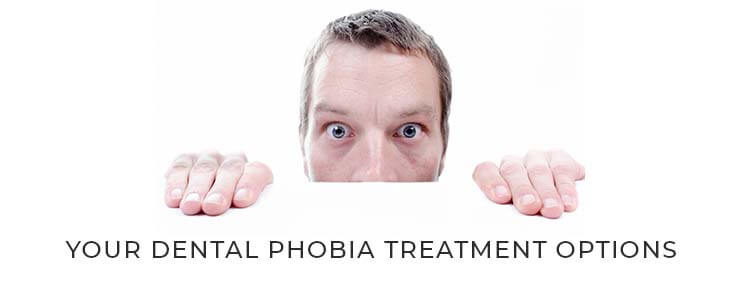According to new research published recently, youngsters should only be drinking water or milk up until they are five years of age, due to the damage that regularly consuming other drinks can do to their teeth. According to the Healthy Drinks, Healthy Kids research, drinking things other than milk and water doesn’t only affect children’s teeth, but can negatively affect other areas of their health and overall well-being as well.
There are a number of concerns with other drinks, even those that are marketed especially as being for children, but the sugar content is the concern that keeps rearing its head. In fact, “a panel of scientists have issued the new nutritional guidelines which suggest children should not be given any drink with sugar or other sweeteners in it.”
Here at CK Dental in Bristol, we concur with the report’s conclusion that the nutritional benefits that a combination of milk and water can bring, means there is no need to consume other drinks at all.
Benefits of milk
Milk is what children begin drinking when they are first born and there is a very good reason that parents are encouraged to keep milk in their children’s diet for as long as possible. Full fat milk is packed with good calories, calcium which helps bones and teeth and also important proteins. There are a variety of other vitamins and minerals found within milk that help their bodies and minds develop.
Benefits of water
Water is one of the few drinks which does not contain acidity, therefore it is not damaging tooth enamel. As well as the hydration credentials of water, there are no calories and no sugar in water, so it really can do children no harm at all.
Some parents hold the misconception that as long as they are brushing their children’s teeth twice a day with fluoride toothpaste then it doesn’t matter too much if they are drinking sugary drinks. Although following a thorough oral hygiene routine is definitely recommended, it cannot guarantee to fix all problems associated with the consumption of sugary drinks.
Some of the damage will start to take place between meals, so brushing at the start of the day and before bed will only be able to help so much.
For more advice on good oral health for children, call 0117 905 9866 to book an appointment at our Bristol family dentistry clinic.



















